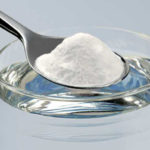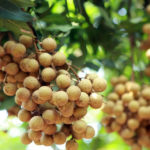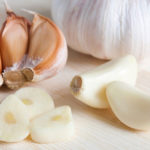Ingredients
- Carrots
- Scrubbing Pad
Peel Carrots with a Scrubbing Pad
It’s incredibly simple; just use a scrubbing pad to rub the carrot’s surface.
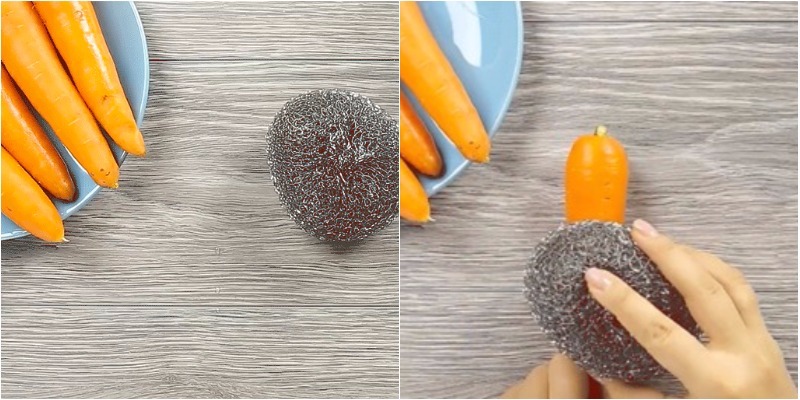
The thin skin will come off quickly, and you won’t have to worry about cutting your fingers.
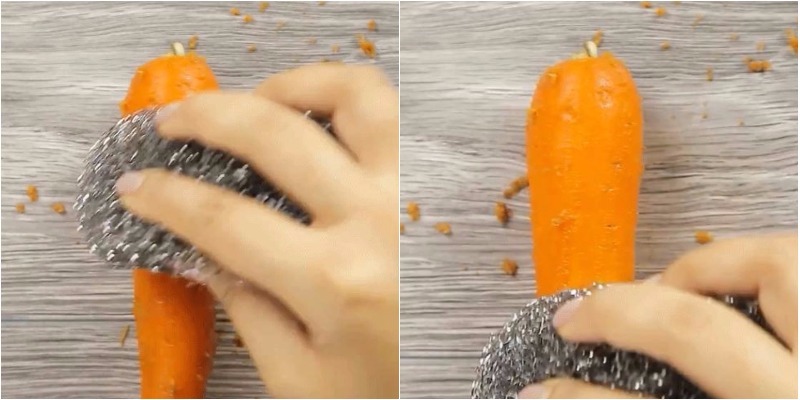
Precautions When Using Carrots
While carrots are highly beneficial to your health, overconsumption can lead to jaundice, indigestion, and fatigue in those with weak constitutions.
Do not consume carrots with shelled seafood like shrimp and crab, as this can cause food poisoning.
Avoid combining carrots with vegetables, roots, or fruits high in vitamin C. Carrots contain an enzyme that breaks down vitamin C, which can interfere with its absorption in the body.
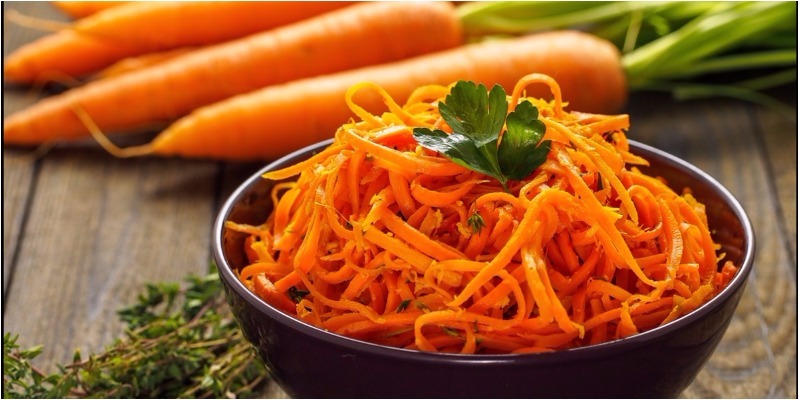
How to Effectively Treat Fishbone Issues at Home
Everyone loves feasting on the deliciousness of fish during the holidays. But, unfortunately, choking on fish bones is an unavoidable issue that may lead to devastating consequences if left unattended for a prolonged period. Let’s see how Dien May Xanh can help us out when fish bones get stuck in our throat.
8 Common Mistakes People Make with Cutting Boards
Are you using your cutting board correctly? Many Vietnamese households rely on cutting boards in their kitchen, but not everyone knows how to use them properly, especially when it comes to wooden cutting boards. Check out these 8 mistakes to avoid when using a cutting board to ensure both hygiene and safety for everyone in your family.
Is Refrigerated Leftovers Linked to an Increased Risk of Cancer?
Dr. Lam Van Man, Head of Research, Development and Technology Transfer Department of the Institute of Safety Food, has warned of the risk of food poisoning when reheating leftovers from the refrigerator. But what should we be aware of when it comes to the possibility of these leftovers causing cancer? Here, we explore what the experts have to say on the matter and offer some tips for safe eating.

























